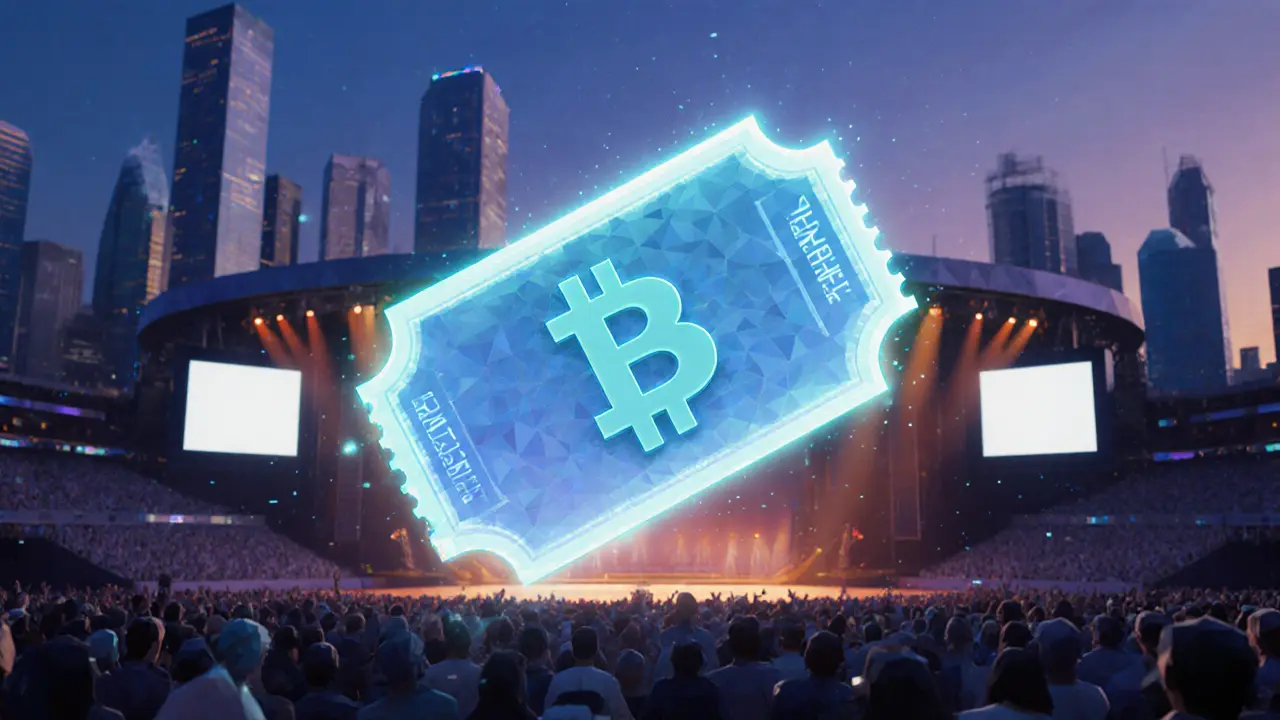Smart Contract Royalties
When working with Smart Contract Royalties, a programmable method to auto‑pay creators whenever a digital asset changes hands. Also known as on‑chain royalties, they guarantee transparent, tamper‑proof royalty flows across any blockchain.
Smart Contract Royalties sit at the intersection of code and finance. They encompass royalty distribution mechanisms, require a clear specification like ERC‑2981, the Ethereum royalty standard that encodes percentage splits in the token’s metadata, and influence creator earnings by automating payouts. This automation removes middlemen, cuts disputes, and lets creators focus on building.
Key Related Concepts
Understanding the ecosystem helps you pick the right tools. NFT royalties, payments tied directly to non‑fungible tokens are the most common use case. They rely on a royalty‑aware marketplace or a wallet that reads the royalty data stored on‑chain. Another pillar is the blockchain, the distributed ledger that records every royalty transaction itself – whether it’s Ethereum, Polygon, or a newer layer‑2. Together they form a stack where the smart contract defines the rules, the royalty standard encodes the percentages, and the blockchain logs the execution.
Practically, a developer defines three attributes in the contract: the recipient address, the royalty percentage (usually expressed in basis points), and a fallback if the marketplace doesn’t support the standard. Creators can then set multiple recipients to split earnings, such as a primary artist and a collaborator. For collectors, the benefit is clear – they know exactly how much of a resale price goes back to the original creator, fostering a healthier market.
Challenges do exist. Not every platform respects the royalty data, especially in the OpenSea‑free‑sale model where optional royalties can be ignored. That’s why many projects adopt “mandatory” royalties enforced by contract-level checks, leveraging features like to block transfers that don’t meet the royalty condition. Compliance costs are low, but staying up‑to‑date with evolving standards (ERC‑721, ERC‑1155, and newer proposals) is essential.
Beyond NFTs, smart contract royalties are gaining traction in music streaming, gaming skins, and even real‑estate tokenization. Any digital asset that changes ownership can embed a royalty clause, turning one‑off sales into ongoing revenue streams. As regulations around digital royalties tighten, having a transparent, auditable system built on smart contracts becomes a competitive advantage.
Below you’ll find a curated list of articles that walk through the technical setup, compare optional vs. mandatory models, explore the ERC‑2981 spec in depth, and showcase real‑world implementations. Whether you’re a creator looking to lock in future earnings or a developer designing the next royalty‑aware marketplace, the following resources will give you actionable insights to get started.

Explore how NFT ticket resale markets empower creators with automatic royalties, curb scalping, and reshape secondary ticket sales, while addressing fees and user adoption challenges.
- Read More
